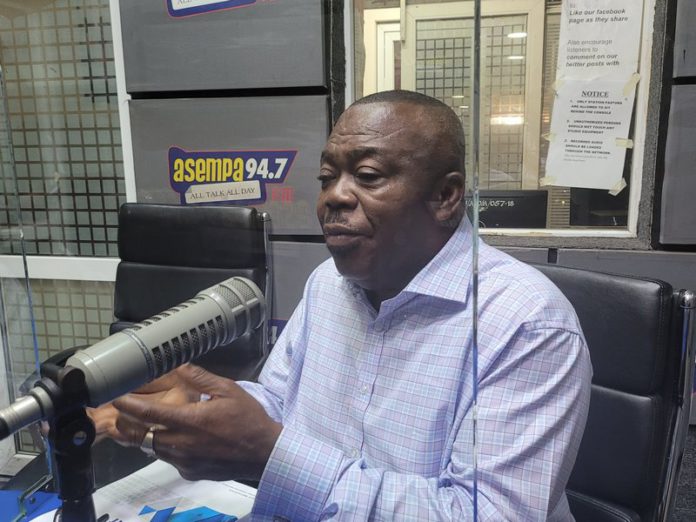The Minister of Chieftaincy and Religious Affairs, Stephen Asamoah Boateng, has given the assurance that the government will institute measures to address issues of marginalization of Fulanis in the country.
He said the unending cycle of violence and discrimination against Fulani communities in the country is due to the fact that most Ghanaians still regard them as foreigners.
The Minister explained that Fulanis had lived in Ghana long before independence and had contributed to the economic progress of the country in many sectors and should, therefore, be treated as citizens.
He was speaking during an engagement with the National Council of Fulani Chiefs in Ghana in Accra Thursday.
The chiefs met with the Minister to present their concerns to him and to find ways to address them.
Some of the common issues that were raised were discrimination against Fulanis, media reportage on Fulani matters, and how most of them are victimized when they try to apply for national identification cards.
Resolution
“Fulanis are making significant contributions to national development but we don’t hear that, we only talk about the few bad lots who misbehave.
If we want to live in peace, we must respect every group of people and so we are going to work together with the chiefs to find ways to address some of the challenges,” he said.
They said the mentality about Fulanis being migrants needed to change.
He, however, admitted that it would not happen overnight and it would take a lot of sensitization and education to achieve that.
Mr. Boateng, thus, urged the media, the church, and state institutions to support the government in that regard.
“I am a Denkyira and we also migrated from a different place to come and settle in this country, but we are seen as Ghanaians so why can’t we all accept the Fulanis as part of us,? the minister asked.
Commendation
The President of the National Council of Fulani Chiefs, Chief Alhaji Iddrisu Mohammed Bingles, commended the minister for engaging them to hear their concerns and assuring to put up measures to address them.
Although the Fulanis have been living in Ghana for generations, they are still not accepted among local community groups and are thus excluded from certain areas of political life and services.
In spite of the efforts by the Fulani to integrate, he said they were often reminded that they were strangers who did not belong to the community.
“The Fulani cannot easily access some services such as the National Health Insurance Scheme, the Voters’ ID, and the National Identification Card.
We are not identified as community members though we have stayed in this country for a long time,” he stated.
ALSO READ:

